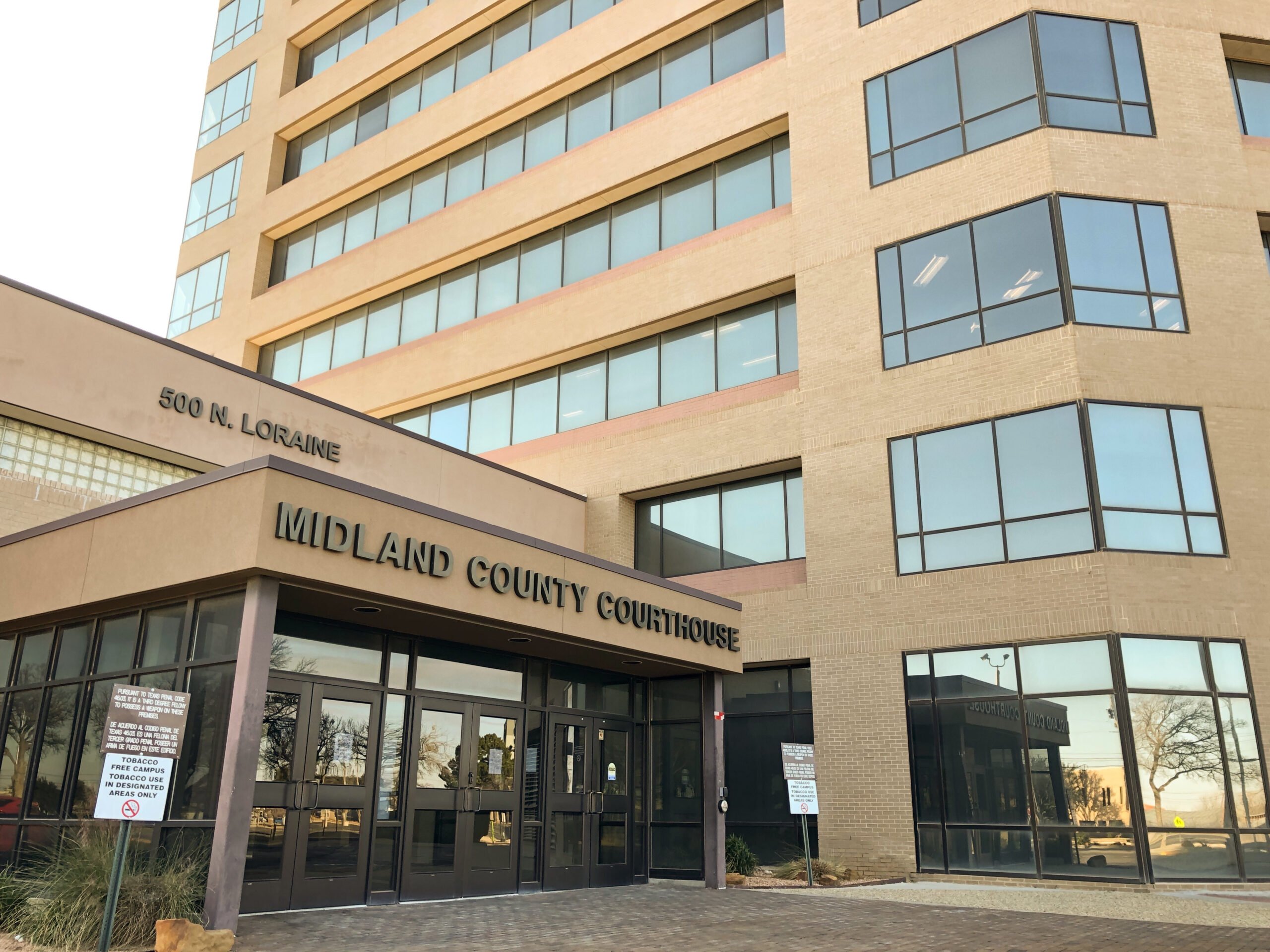ustxtxb_obs_2006_04_21_50_00016-00000_000.pdf
Page 21
COMMENTARY I BY ANDREW WHEAT Delay Ja Vu 1.1111 hree days after another one of his former spokes men copped a plea on cor ruption charges in l’affaire Abramoff, U.S. Rep. Tom DeLay announced his resignation April 3. Yet DeLay’s current spokespeople keep insisting that this lame-duck congressman is not a target of the federal probe that has enveloped some of his closest associates. Haven’t we been here before? DeLay aides delivered these same lines last yeareven as Texas prosecutors counted down DeLay’s last days as House majority leader before they indicted him on money-laundering charges. While a federal indictment of DeLay is no certainty, it would be consistent with what has transpired so far in the Justice Department investigation of disgraced lobbyist Jack Abramoff. Prosecutors plucked all three of their initial Abramoff-probe plea-bargainers from DeLay’s inner sanctum. DeLay’s resignation, moreover, recalls the fate of his three guilty cronieswho all lost their powerful jobs prior to their indictments. Meanwhile, the Observer found that several other lobbyists who lost their jobs when a DeLay-linked firm folded recently already are scrambling back into the game. TURNING SCREWS The beginning of Jack Abramoff’s end came in 2004. That’s when the Greenberg Traurig lobby firm sacked its oncevaunted rainmaker amidst allegations that he shook down Native American gambling clientswithout cutting in his employer. Abramoff convinced the tribes to pay tens of millions of dollars in “public relations” fees to crony Michael Scanlon. This former DeLay aide’s plea deal in late 2005 was the first domino in the Abramoff probe. Just six weeks after Scanlon’s plea, Abramoff cut his own deal with prosecutors. Abramoff admitted in his January plea that he had corrupted public officials. One of these, Tony Rudy, worked with Scanlon as a top DeLay aide until 2001, when both Rudy and Scanlon left DeLay’s office to join Abramoff at Greenberg Traurig. Abramoff, pled guilty to using expensive gifts and cash payments to bribe Rudy during his DeLay years. In exchange, Abramoff said that Rudy performed official acts at DeLay’s office that benefited Abramoff’s clients. Two DeLay-related announcements followed within a week of Abramoff’s January plea deal. In one, DeLay announced that he would not seek to regain the majority leader post that he lost last year after Texas prosecutors charged him with conspiring to break a state prohibition on electioneering with corporate funds. The same week, a major lobby firm run by DeLay-aide retreads announced its demise, citing adverse publicity from the Abramoff probe. Rev. Edwin Buckham, the evangelical minister who had been DeLay’s chief of staff, and Karl Gallant, who had run DeLay’s Americans for a Republican Alexander Strategy Group in 1998. Buoyed by its DeLay credentials and a fat Enron contract, ASG quickly became a Washington powerhouse. This lobby shop housed DeLay’s ARMPAC in its offices, kept DeLay’s wife on its payroll, shared clients with Abramoff and recruited Tony Rudy from Greenberg in 2002. Rudy’s own recent plea deal with federal prosecutors corroborates Abramoff’s earlier one. Rudy admits that he accepted bribes that were given or arranged by Abramoff and Rev. Buckham. Rudy contends in his plea that these bribes induced him, for example, to persuade members of Congress to oppose a 2000 bill to prohibit Internet gambling. This failed bill, which DeLay opposed, would have hurt Abramoff client eLottery Inc. Rudy also pleaded guilty to violating revolvingdoor restrictions by lobbying DeLay’s office within a year of leaving it. Rudy’s plea deal, signed just three days before DeLay announced his resignation, contains the Abramoff probe’s first public references to DeLay and Rev. Buckham. This is significant given that some Washington insiders say Rev. Buckham established ASG so the Hammer could cash in on his office. “DeLay sent Buckham downtown to set up shop,” lobbyist and former Republican Majority Leader Dick Armey told the New York Times in January. “The whole idea was ‘What’s in it for us?'” Given the direction the Abramoff probe has taken, it is likely that prosecutors already have asked this question about Rev. Buckham and DeLay. ALEXANDER THE LATE GREAT Given alarming rates of recidivism among lobbyists, the Observer ran traps to see if anyone employed at ASG three months ago had already returned to the lobby. So far, three ASG lobbyists are gigging again. The most prominent is Gallant, the only one of ASG’s former DeLay aides who has yet to be mentioned in an Abramoff-probe indictment. Last year Gallant reported more than $2.5 million in contracts with 37 paying ASG clientsincluding several with DeLay ties. Security software vendor Questerra Corp. was a Gallant client at ASG. Questerra has settled criminal charges with Texas prosecutors related to its $50,000 corporate contribution to DeLay’s Texans for a Republican Majority, or TRMPAC, during the 2002 state elections. Another ASG-Gallant client, Time Warner Inc., hired DeLay’s lobbyist brother, Randy, last summer in a last-ditch effort to stop Texas legislation that now lets phone companies enter Texas cable markets on preferential terms. At ASG, Gallant 16 THE TEXAS OBSERVER APRIL 21, 2006


